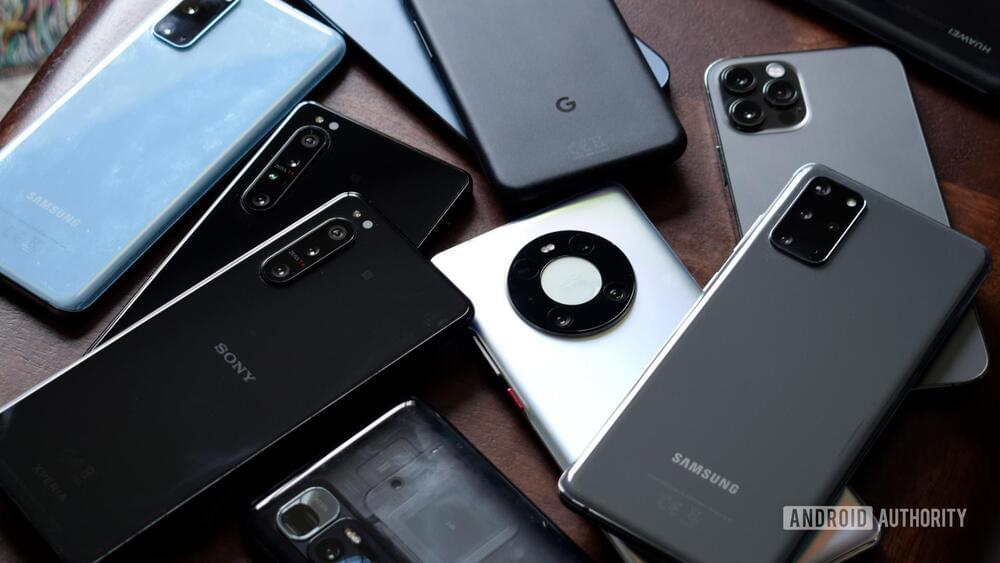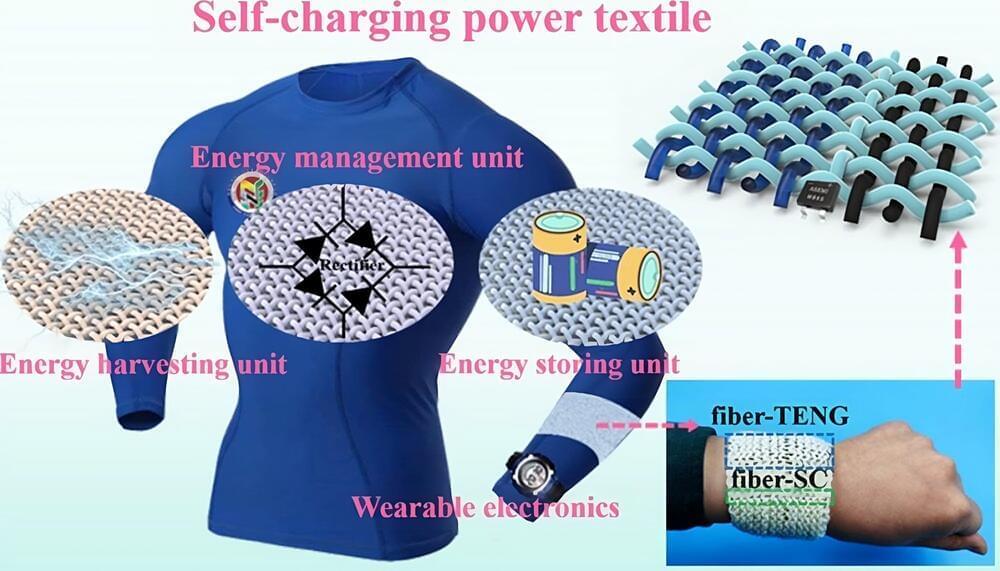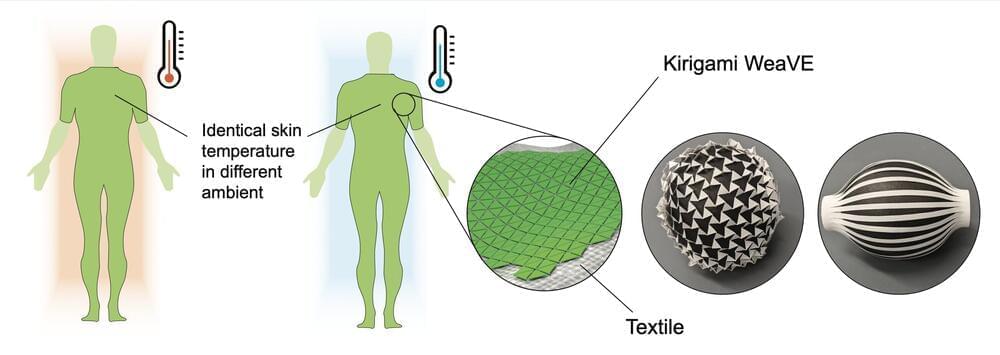Penn State researchers have discovered a protein found naturally in a bacterium (Hansschlegelia quercus) isolated from English oak buds exhibits strong capabilities to differentiate between rare earths. Harnessing its power could revolutionize the entire tech sector by fundamentally changing how critical minerals like rare earths are harvested and purified. Image Credit: Penn State. Creative Commons
The discovery is important because rare earth elements, like neodymium and dysprosium, are critical components to almost all modern technologies, from smartphones to hard drives, but they are notoriously hard to separate from the Earth’s crust and from one another.
By figuring out how this molecular handshake works at the atomic level, the researchers have found a way to separate these similar metals from one another quickly, efficiently, and under normal room temperature conditions. This strategy could lead to more efficient, greener mining and recycling practices for the entire tech sector, the researchers state. Related: U.S. Crude Trading At Big Discount To Dubai Oil.






